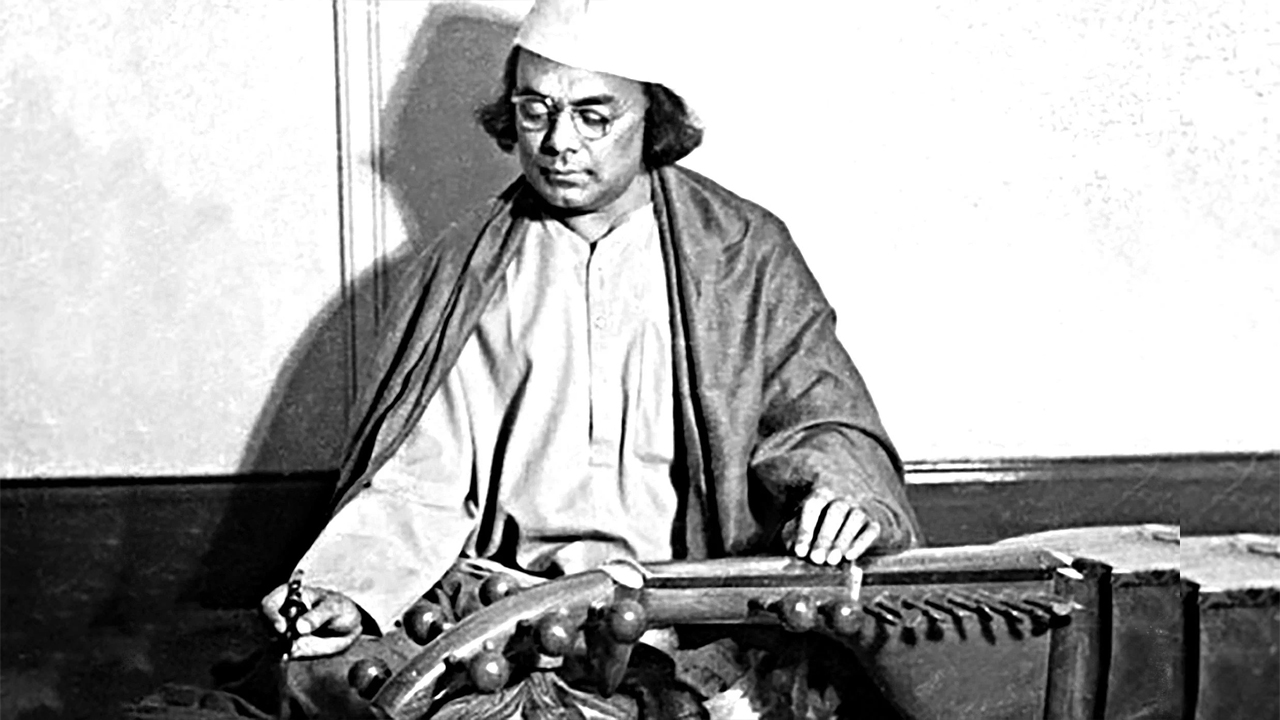Kazi Nazrul Islam, also known as the "Rebel Poet," was a Bengali poet, musician, and revolutionary. He was born on May 24, 1899, in Churulia, a small village in present-day West Bengal, India. Nazrul's contribution to the arts is immense and far-reaching, as he was not only a prolific poet but also a composer, playwright, novelist, and journalist. His works reflect his deep love for humanity and his unwavering commitment to social justice, freedom, and equality.
Nazrul's early life was marked by poverty and hardship, as he was forced to drop out of school at a young age to support his family. However, he continued to educate himself by reading extensively and studying music and poetry. He began his career as a journalist, writing for various newspapers and magazines, where he gained a reputation for his sharp and incisive writing.
Nazrul's poetry is characterized by its revolutionary zeal and its uncompromising stance against oppression and tyranny. His works often deal with themes of social justice, national unity, and anti-colonialism. The language and imagery in his poetry are powerful and evocative, and his verses are filled with passion and intensity.
Nazrul's contribution to music is equally significant, as he composed over 4,000 songs in his lifetime. His music reflects his deep understanding of classical and folk traditions, as well as his innovative approach to melody and rhythm. His songs are known for their emotional depth and their ability to capture the essence of the human experience.
In addition to his poetry and music, Nazrul was also a playwright and novelist. His works, such as "Bidrohi" (The Rebel) has powerful critiques of social and political injustice, while his novels, such as "Bandhan Hara" (The Broken Shackles) and "Mrityukshuda" (The Flaming Torch), deal with themes of love, freedom, and self-discovery.
Nazrul's contribution to the arts was not limited to his creative output alone. He was also a vocal advocate for the rights of artists and writers, and he played an important role in the cultural and political movements of his time. His works inspired a generation of Bengali intellectuals and artists, and his legacy continues to inspire people around the world.
In conclusion, Kazi Nazrul Islam was a visionary poet, musician, and revolutionary who made an indelible contribution to the arts. His works reflect his deep love for humanity and his unwavering commitment to social justice, freedom, and equality. His powerful poetry, music, and plays continue to inspire and move people around the world, and his legacy will continue to influence generations to come.

Comments